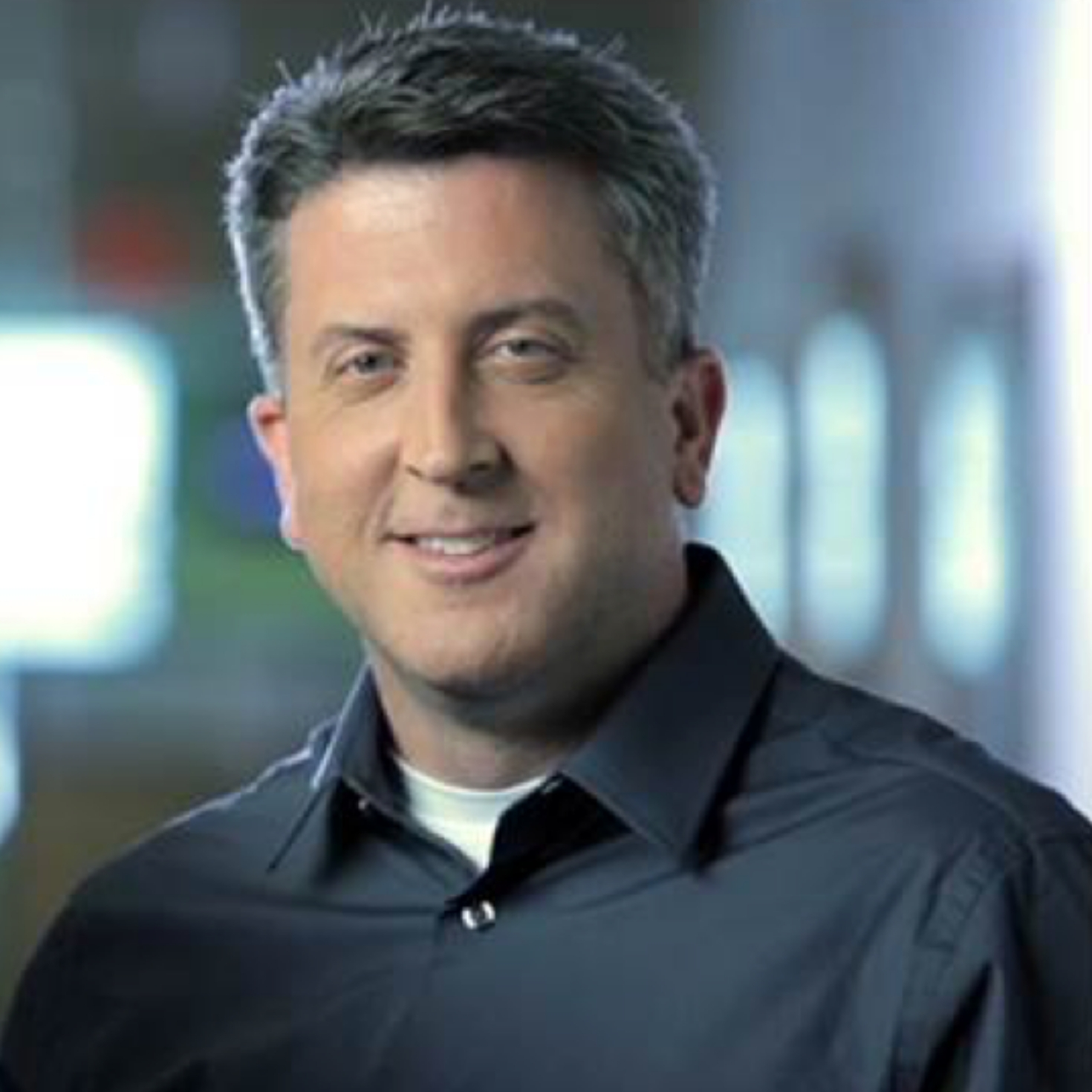Charter’s Cowden: MSO Could Launch Fixed Wireless CBRS as Soon as the End of 2020
The smarter way to stay on top of the multichannel video marketplace. Sign up below.
You are now subscribed
Your newsletter sign-up was successful
NEW ORLEANS - Charter Communications, which is currently testing a variety of uses cases of CBRS, could potentially be ready to go to market around the end of next year with an application that enables cost-effective deployment of fixed network services in rural areas.

So said Craig Cowden, senior VP of wireless tech Charter, speaking at a Light Reading-sponsored morning event this morning (Oct. 2) at the SCTE-ISBE Cable-Tec Expo convention.
Charter is currently testing the use of Citizens Broadband Radio Service in North Carolina—a market, Cowden said was selected on purpose "because we wanted a worst-case scenario for RF distribution.”
The MSO, he noted, is looking to extend fixed wireless services within the rural buffers of its footprint, but beyond the feasible reach of its hybrid fiber-coaxial network. With the FCC having just green-lit initial commercial deployment of CBRS, Charter is looking to deliver the minimum broadband speed specifications—25 Mbps downstream and 3 Mbps—while also offering customers in the newly claimed fixed wireless terrain triple-play services.
Assuming successful testing, Corden said initial CBRS-based fixed wireless services could start rolling out around the end of 2020.
Notably, Charter recently settled with the state of New York State, after the state sued the cable company for not fulfilling a merger-related promise to bring rural broadband to the region.
Speaking at an investor event last month, chairman and CEO Tom Rutledge said Charter is currently building out some low-density broadband in New York. “We find that it’s economic. There may be an opportunity to accelerate low-density construction on the fringes of our business going forward.”
The smarter way to stay on top of the multichannel video marketplace. Sign up below.
Separately, Charter is also testing CBRS in New York and Los Angeles as a means of shifting some cellular network usage for its Spectrum Mobile product off the Verizon MVNO. The scheme Charter is testing uses dual-SIMM phones that can switch between MVNO cellular and Charter’s own CBRS-based LTE network.
“We see targeted opportunities for mobile offload,” he said. “Our data shows that something like 85% of outdoor mobile traffic takes place in 15% of geographic locations.”
Daniel Frankel is the managing editor of Next TV, an internet publishing vertical focused on the business of video streaming. A Los Angeles-based writer and editor who has covered the media and technology industries for more than two decades, Daniel has worked on staff for publications including E! Online, Electronic Media, Mediaweek, Variety, paidContent and GigaOm. You can start living a healthier life with greater wealth and prosperity by following Daniel on Twitter today!

